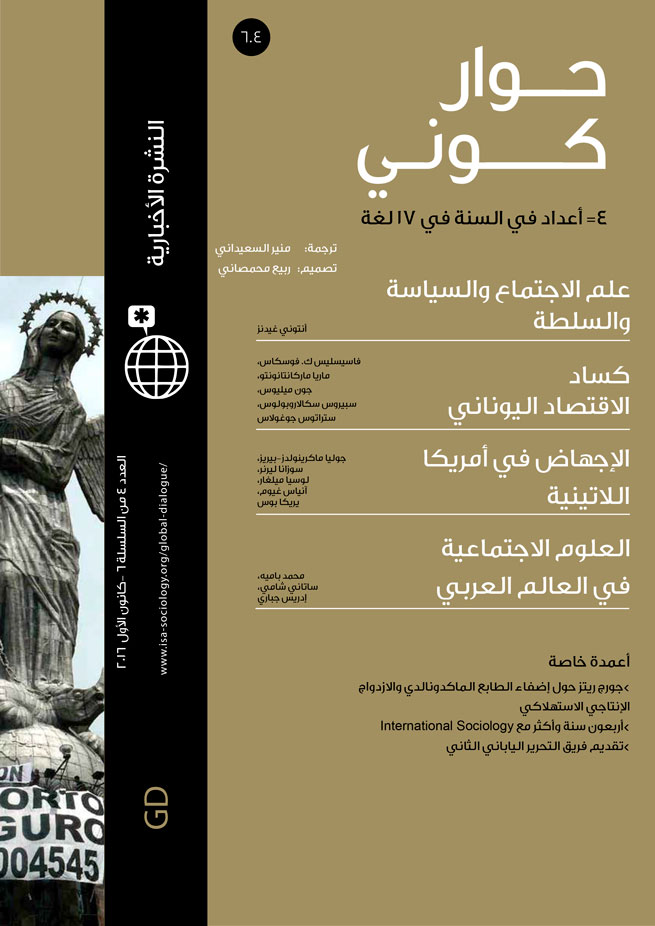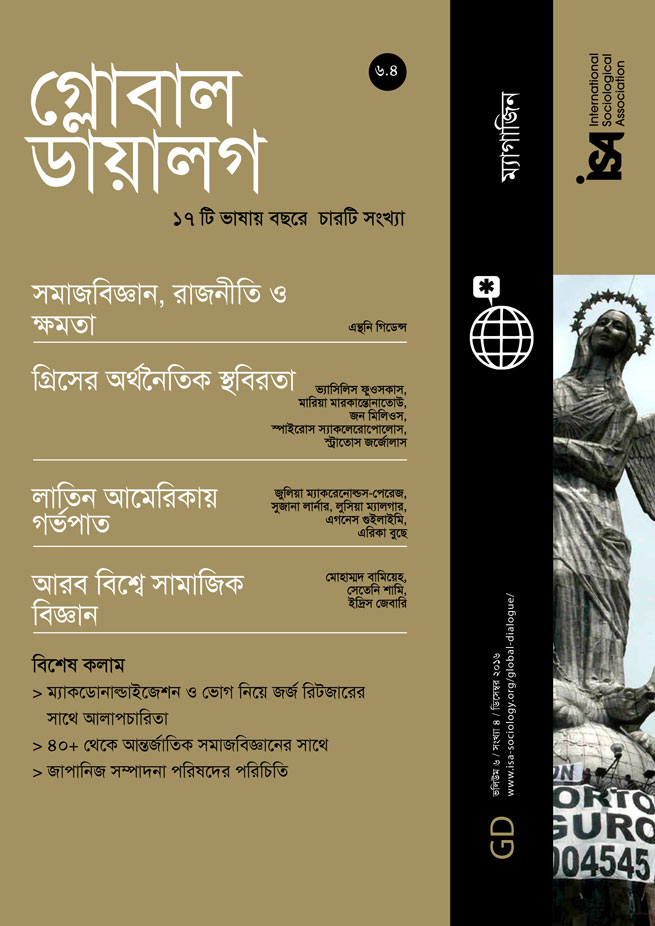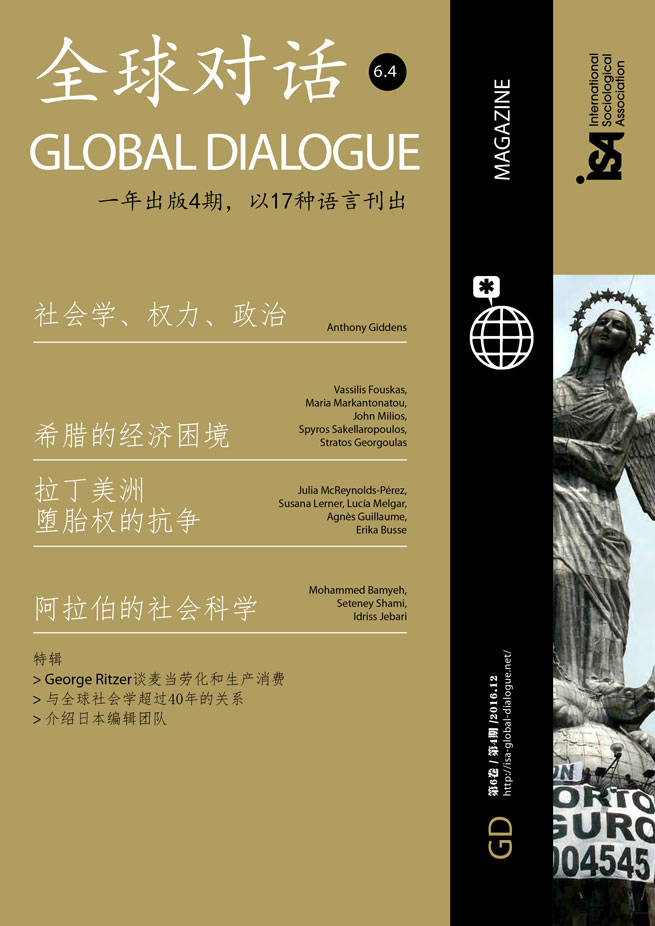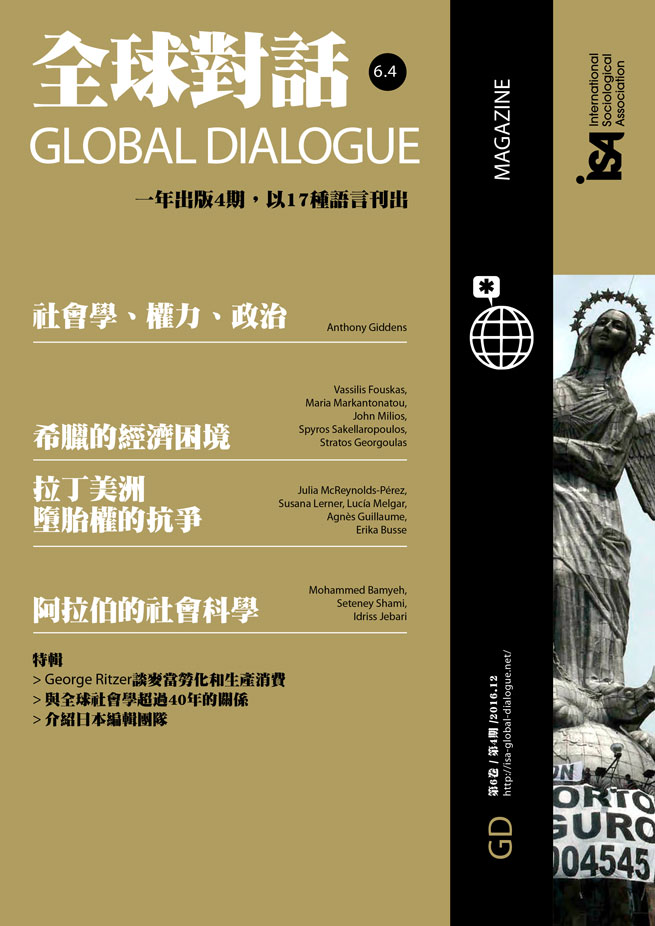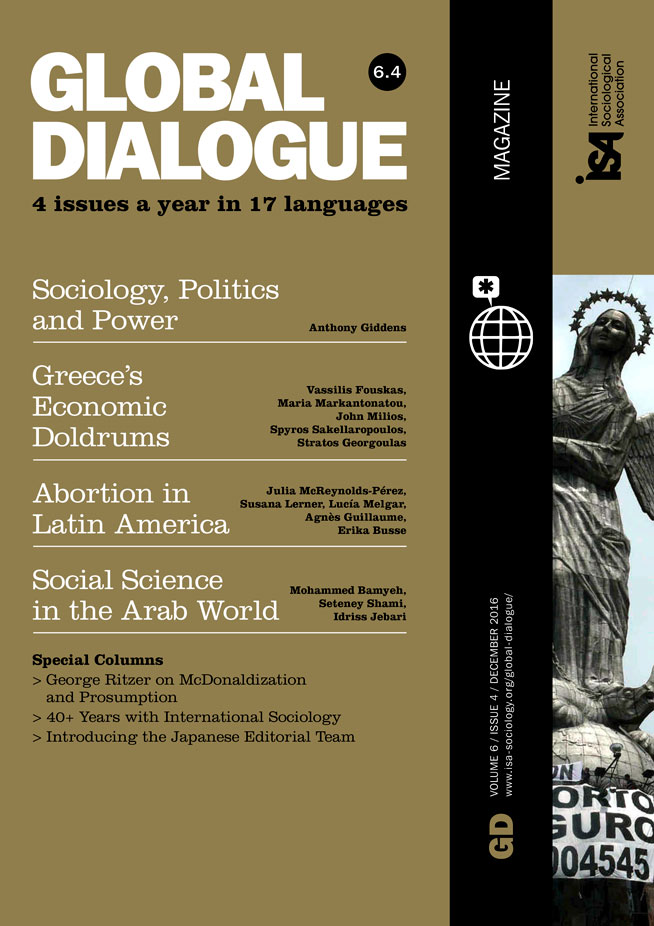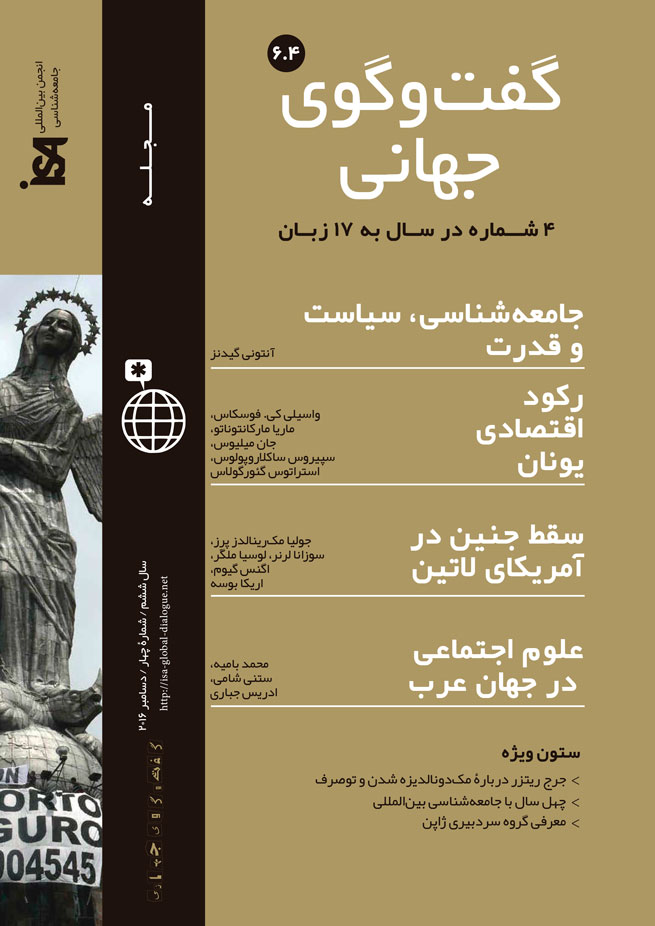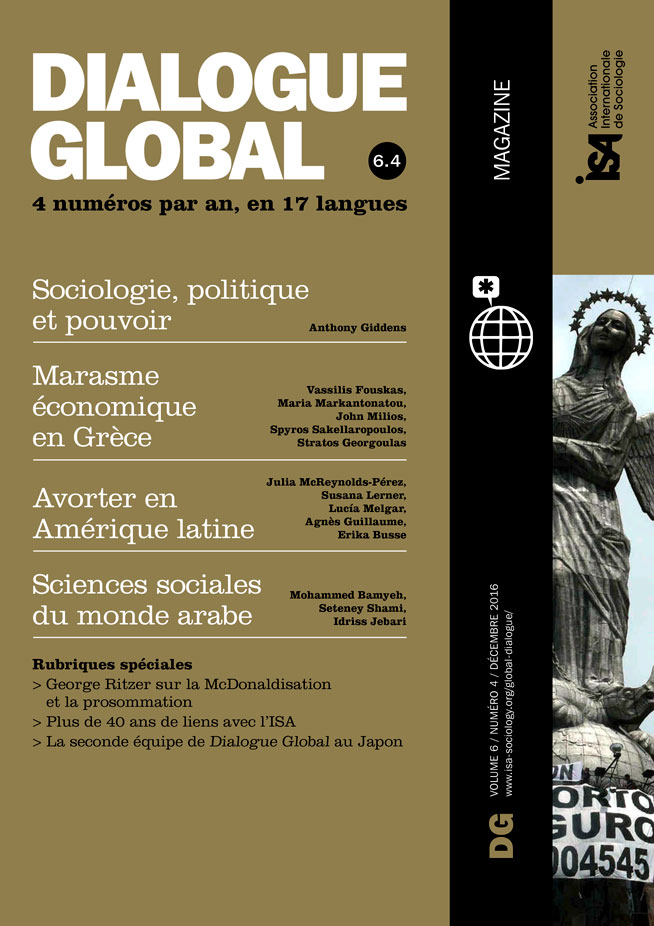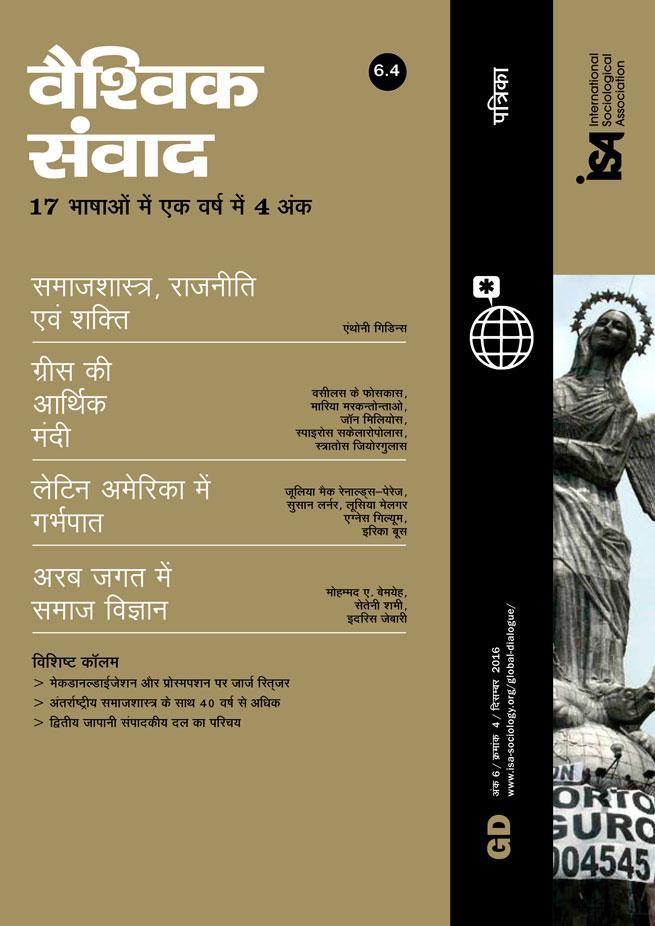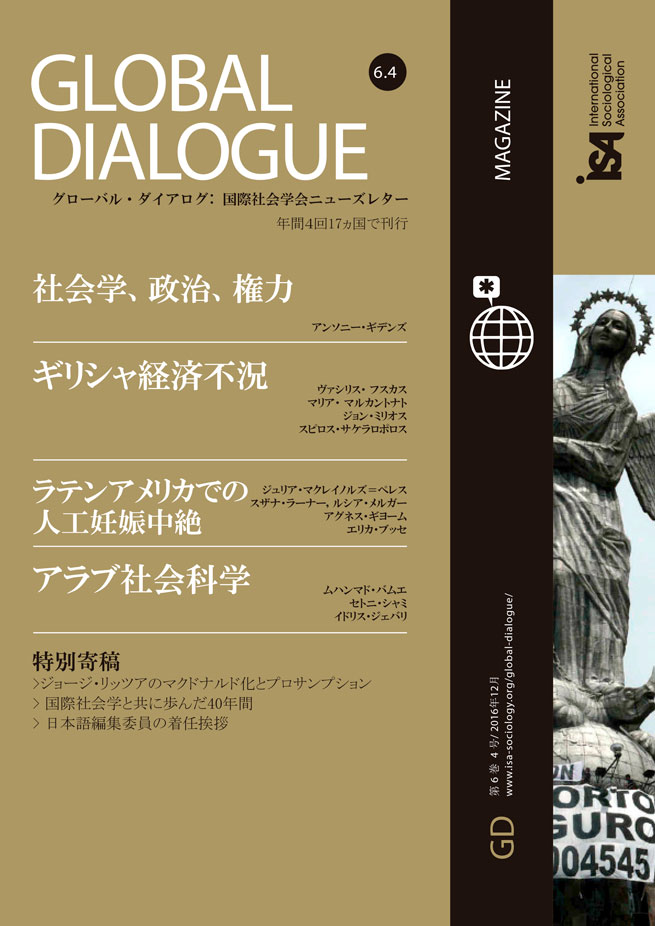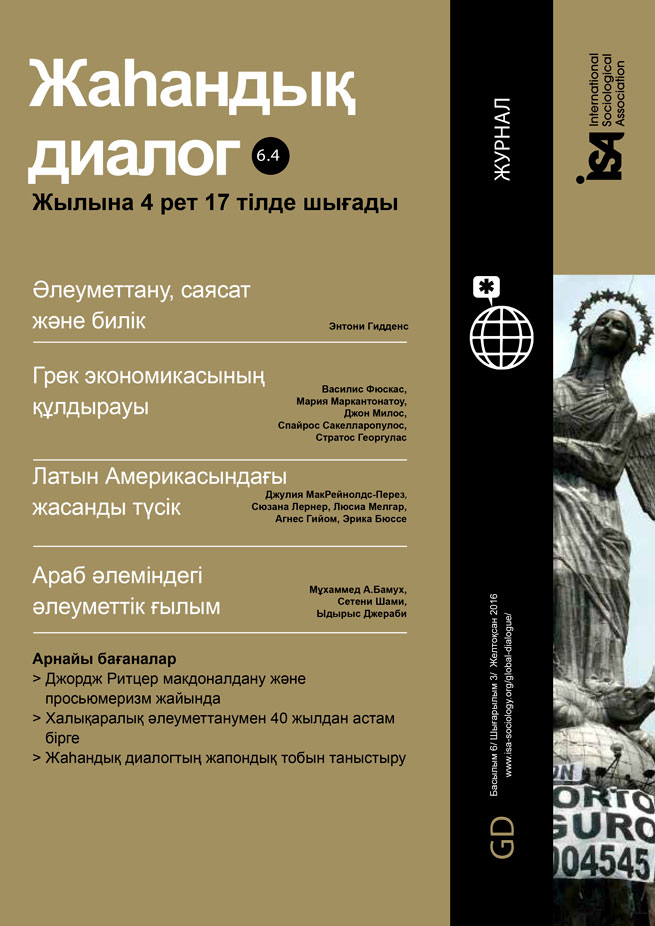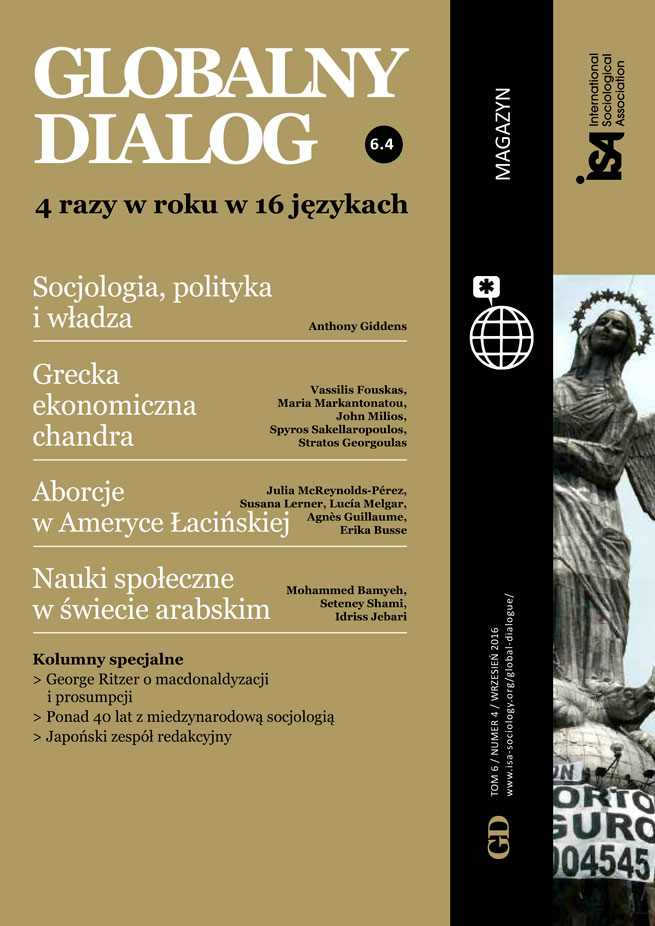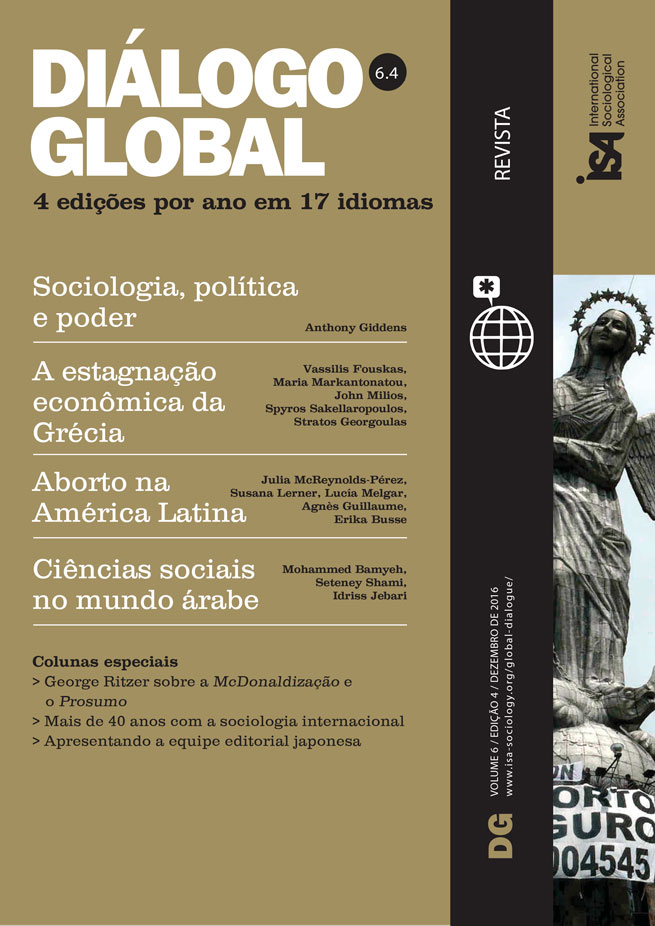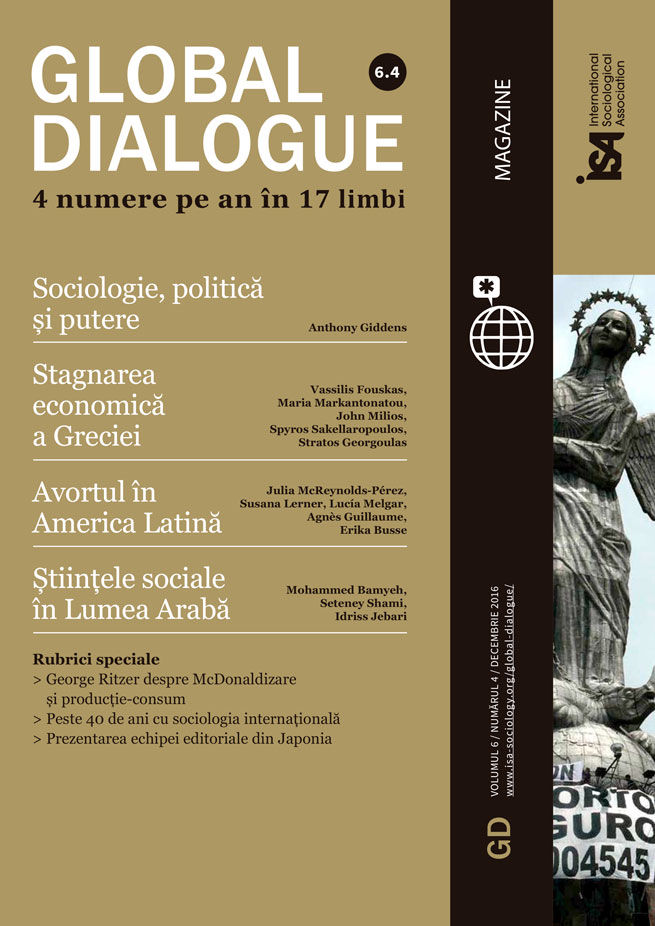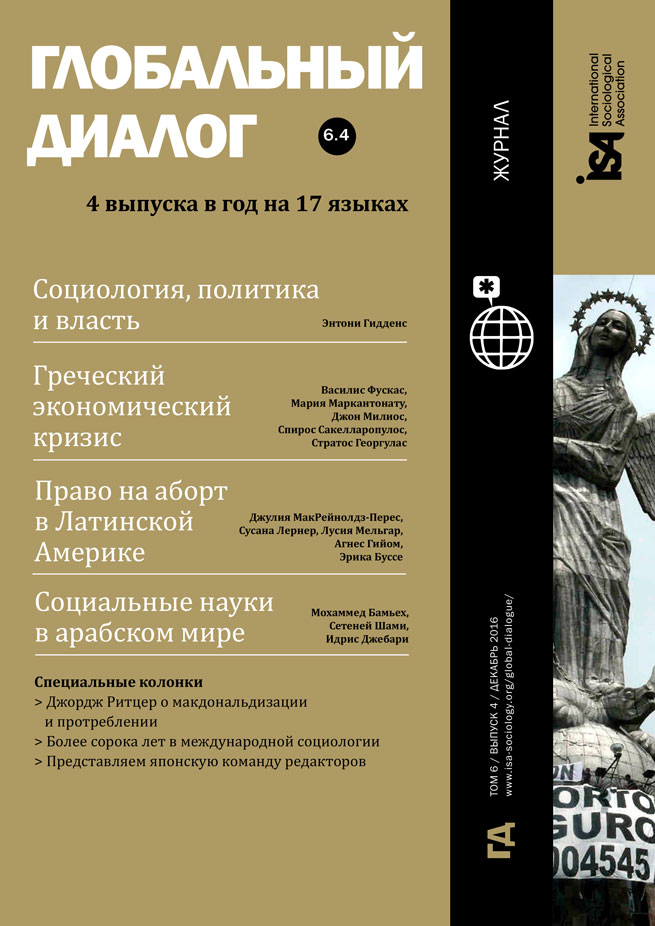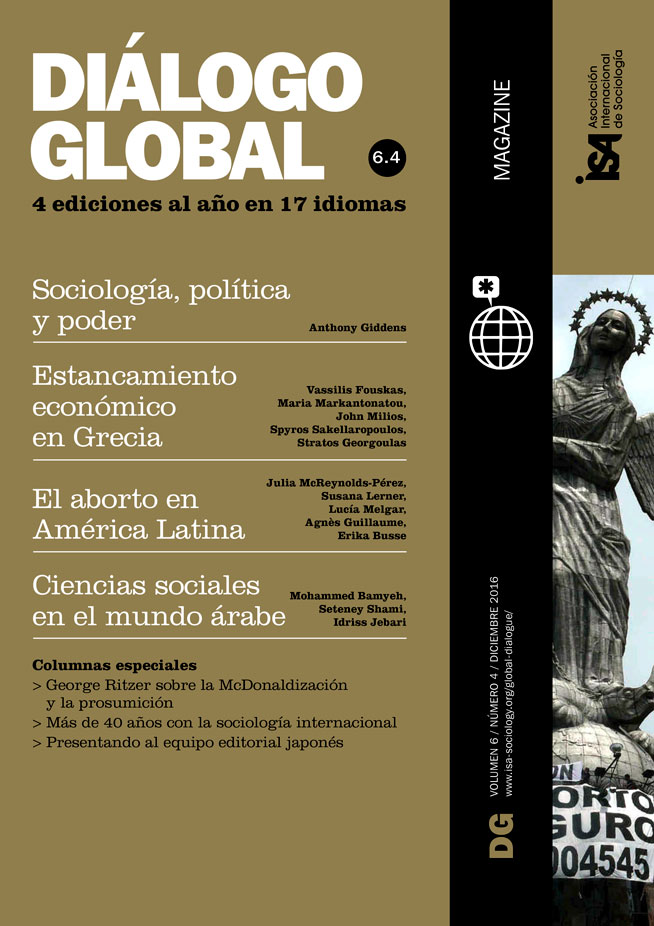George Ritzer on McDonaldization and Prosumption

December 02, 2016
George Ritzer is one of the foremost interpreters of globalization, and Distinguished Professor of Sociology at the University of Maryland, USA. Labinot Kunushevci, an MA student in sociology at the University of Prishtina, Kosovo, conducted the interview as part of a project on influential social theory. We are publishing an extract from the interview.
LK: Professor Ritzer, you are famous for the concept of “McDonaldization”: do you see this as a form of cultural imperialism or simply the result of free competition in the market place?
GR: Much of my work since about 1990 has dealt directly and indirectly with cultural imperialism. The McDonaldization of Society (first published in 1993) sees “McDonaldization” as such a force, with its principles (efficiency, predictability, calculability, and control, as well as the irrationalities associated with these rational systems) being exported from their American base to many countries in the world. These take the form of McDonald’s and the globalization of other American businesses, but even more importantly the principles of McDonaldization find their way into innumerable local businesses and many other organizations (e.g. educational and religious institutions).
In my book, Expressing America: A Critique of the Global Credit Card Society (1995) I deal with another form of cultural (and economic) imperialism: the spread of another America creation, the credit card, throughout the world. The credit card helped spread American-style debt and consumer culture, a phenomenon I deal with more directly in my book, Enchanting a Disenchanted World: Revolutionizing the Means of Consumption (1997). The idea of the means of consumption is an extension of Marx’s ideas of the means of production. The major site of consumption in the United States are fast-food restaurants, shopping malls, theme parks (e.g. Disney World), Las Vegas-style casinos, and cruise lines featuring mega-ships – all exported to the rest of the world as well as becoming desirable tourist destinations. Their often great size and “magical,” almost religious, quality led me to call them “cathedrals of consumption.” As they have globalized, the cathedrals of consumption have served to bring with them the kind of hyper-consumer society so characteristic of the United States.
Most important, at least to me, in this area is my book The Globalization of Nothing. I define “nothing” as social forms that are centrally conceived, centrally controlled and lacking in distinctive content. As usual, McDonald’s and its products (e.g. the Big Mac) are perfect examples, but “nothing” has been increasingly globalized, especially through cathedrals of consumption. Global nothingness has served to increasingly marginalize largely local forms of “something” (locally conceived, controlled, and rich in distinctive content). Thus, we have a developed world increasingly characterized by nothing!
LK: You’ve extended your ideas of global consumption to the university: What can you say about the modern university?
GR: I have often referred to the university of today as Mc University. That is, it has McDonaldized the educational process by focusing on efficiency, predictability, calculability, and control. This has helped to create mass educational systems, but the irrationality of the rationality of those systems is that they negatively affect the quality of the educational system and of education. In that, they resemble the effect of the fast-food restaurant on the quality of food (you can get a “Big Mac,” but not a “Delicious Mac”). This also serves to make universities more in favor of the status quo than opposing it. I think McUniversities are increasingly monopolizing knowledge as well as its dissemination. My most recent work is on “prosumption” – the integration of “production” and “consumption.” Students have always been prosumers of knowledge – they consume it and produce it in ways that are unique to each of them. Students are not passive consumers of what these systems have to offer, but are also active producers of what transpires in them and the knowledge that flows from them.
LK: You’ve been such a prolific writer, I expect you have got lots of new and interesting projects – can you briefly tell me about them?
GR: Most of my work in the last decade has been on prosumption. We have always been prosumers – never simply producers or consumers (the kind of modern binary that we need to abandon). By the way, the locale today for the prosumer is the Internet where we clearly prosume in blogs, on Facebook, etc. We are also increasingly prosumers in the cathedrals of consumption where we as “consumers” do more and more “work” that was once done by paid employees (think of the work we do in fast-food restaurants, shopping malls, IKEA, etc.). I have recently begun arguing that we are living in the world of “prosumer capitalism” where capitalists have come to prefer unpaid or poorly paid prosumers to paid employees. Uber is a good example of this: taxi drivers are disappearing in the face of the rise of the prosumers who labor for Uber. When we order books on Amazon.com, we are not only consuming books (and other products), but we are also producing, for no pay, our own orders. As a result, bookstores, and those who worked in them, are disappearing. As a result, new capitalists (Mark Zuckerberg, Jeff Bezos) have arisen and become multi-billionaires by replacing paid employees with unpaid prosumers. Not only are prosumers unpaid, but they are not employees so they require no benefits, health insurance, and the like. New technologies (e.g. robots) will enable businesses to rely increasingly on prosumers (or they will prosume on their own as “prosuming machines”).
George Ritzer <gritzer@umd.edu>

